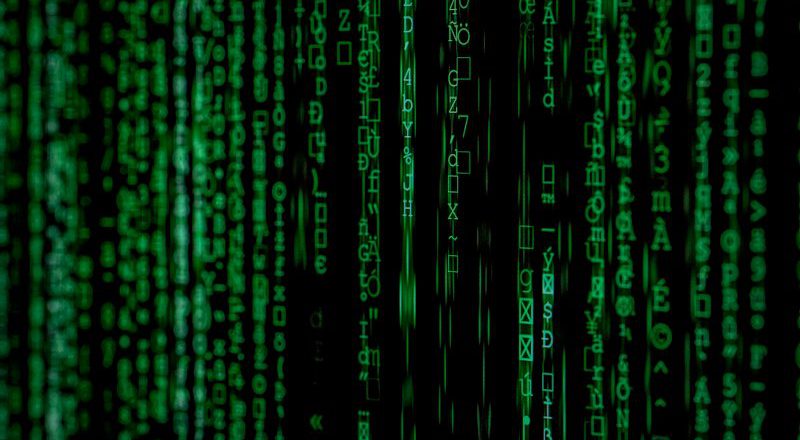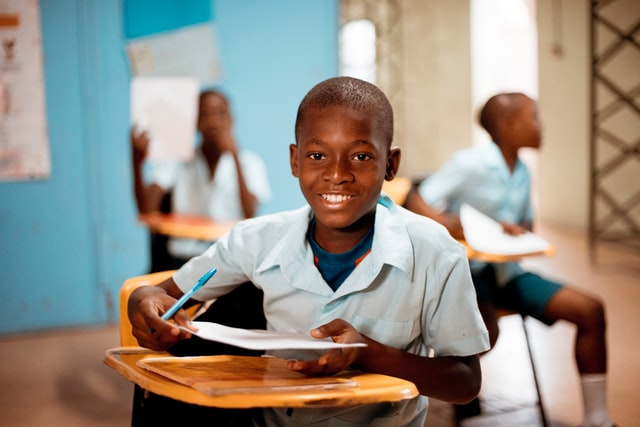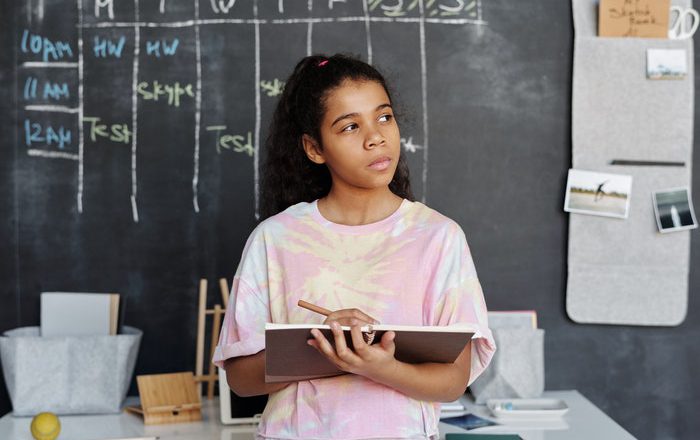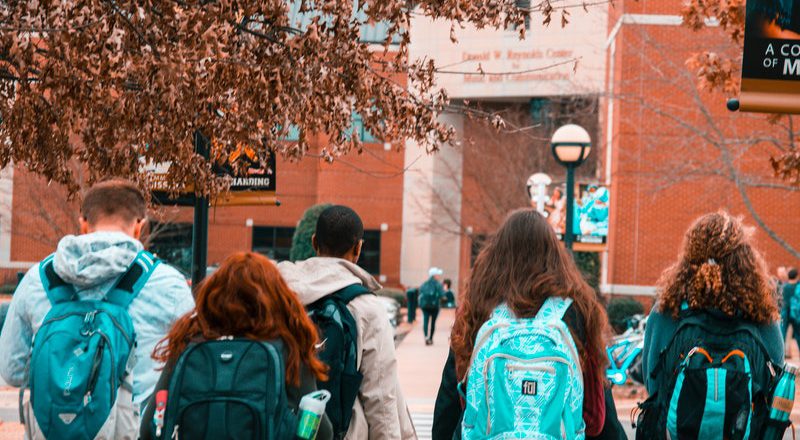We Asked 6 Education Experts – How Should Schools Teach Kids About What Happened At The US Capitol On Jan. 6?
Teachers scrambled to create lesson plans to help students make sense of the Jan. 6 siege of the U.S. Capitol right after it happened.
It’s a fraught task. Even the news media wasn’t sure what to call this unprecedented attack on U.S. democracy. Was it a coup? A riot? An act of domestic terrorism?
Likewise, it’s not clear where lessons should begin.
The Conversation U.S. asked six education experts how teachers – and parents – can help young people comprehend, analyze and process what happened.
Don’t avoid the topic
Dr. David Schonfeld, director of the National Center for School Crisis and Bereavement, Children’s Hospital Los Angeles and professor of clinical pediatrics, University of Southern California
Educators may worry they don’t know the right thing to say and will unnecessarily ...






